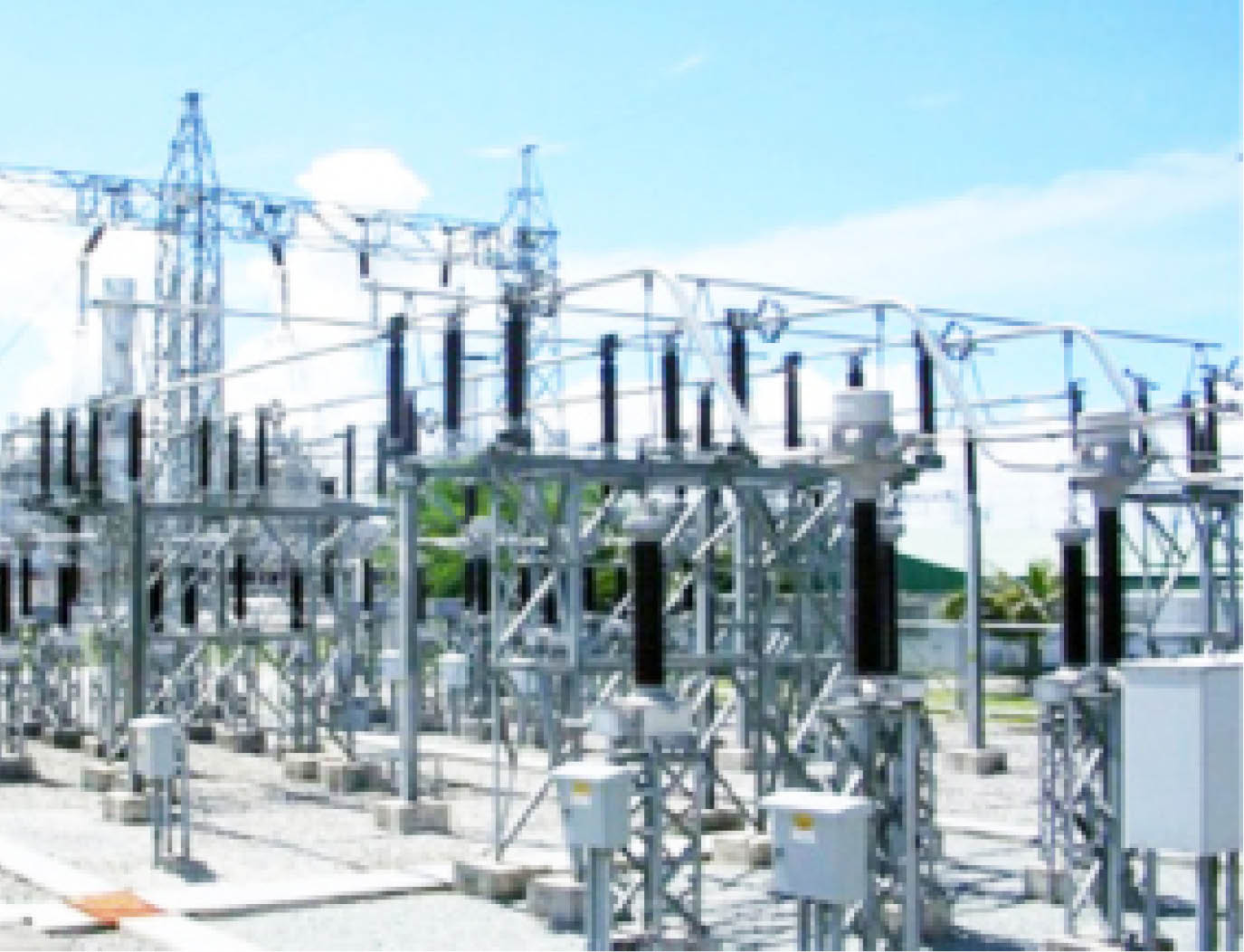In 2013, the power sector in Nigeria was privatized to improve power supply to households and businesses, ever since then the sector has not experienced much improvement, rather it keeps hovering.
The National Grid is for wheeling what has been generated by the Generating Companies (GENCOS) through the Transmission Company of Nigeria (TCN). The Distribution Companies (DISCOS)distribute to the consumers while the Nigerian Electricity Regulatory Commission (NERC) oversees the overall generation, transmission, distribution and sales of electricity.
Nigeria currently has over 23 power generating plants across the country connected to the national grid but Nigeria keeps facing constant power failures and grid collapses. The country recently faced two grid collapses within 48 hours bringing the need to improve its operation.
The generating companies revealed that Nigeria can generate 30,000 megawatts of electricity by 2030 with 3,000MW coming from renewable sources and 27,000MW from its power plants which will serve 200 million people.
However, in 2022, Nigeria still hovers around 5,000MW with about 13,000MW installed capacity eight years after the privatization.
Nigerians continue to ask for more power supply in a bid to have brighter homes but they keep experiencing the exact opposite.
The Minister of Power, Engr. Abubakar D. Aliyu, had said that poor maintenance and shortage of gas were the causes of the national grid collapse. However, he stated that steps to prevent future occurrence have been taken through the Presidential Power Initiative.
He went further to stress that the nation has an installed capacity of 18,000MW, adding that “I’d like you to take away that we deliver 8,000MW of electricity daily through a combination of grid, embedded and industrial captive supply of electricity and not 4,000MW as is reported frequently.”
It has also been reported that the affected power plant was recently been upgraded alongside the Okpai and Alam IV power plants to contribute 400MW of electricity to the national grid.
The Rural Electrification Agency is also tasked with supporting the off-grid sector by pre-identifying sites to be electrified and engaging with various local governments to reduce development costs, the organization also supports DISCO in grid extension efforts and they focus on renewable energy.
According to data from the Central Bank of Nigeria, the total sum of $72m equivalent to N29.95bn was generated from electricity export, this figure represents a decline of 14.5 per cent compared to the $84.26m recorded in the previous year. Nigeria continues to export electricity to neighbouring countries despite the constant power outage in the country.
According to the World Bank, over 80 million Nigerians do not have access to grid electricity, which is about 43 per cent of the population. They also noted that the lack of reliable power resulted in an annual economic loss estimate of $26.2bn which represents about 2 per cent of the national GDP.
According to data from TCN, the national grid has collapsed 108 times since the privatization of the power sector. Some experts have spoken on why there has been constant collapse of the national grid which include low gas-power generation caused by gas pipeline sabotage which leads to the shutdown of power plants.
Low water level for the hydropower plants is also a factor; poor utility performance, weather condition, insufficient funding for upgrade to smart grid, power governance system, lack of monitoring and accountability.
The national grid is designed to function under certain limits to ensure stability, while exceeding the set limits will lead to load rejection which can cause the collapse of the national grid.
How can this be avoided?
The national grid should be upgraded to a smart grid because it will help manage load rejection as well as proper management and maintenance.
Also, channelling more attention on renewable energy and funding all necessary companies in the generation and transmission process can boost revenue collection and accountability.
There is also the need to step up security to curb vandalism.
With all these and more put in place, there will be an improvement in electricity supply in Nigeria and that will improve the country’s economy with more opportunities from foreign investors and partnership.

 Join Daily Trust WhatsApp Community For Quick Access To News and Happenings Around You.
Join Daily Trust WhatsApp Community For Quick Access To News and Happenings Around You.


